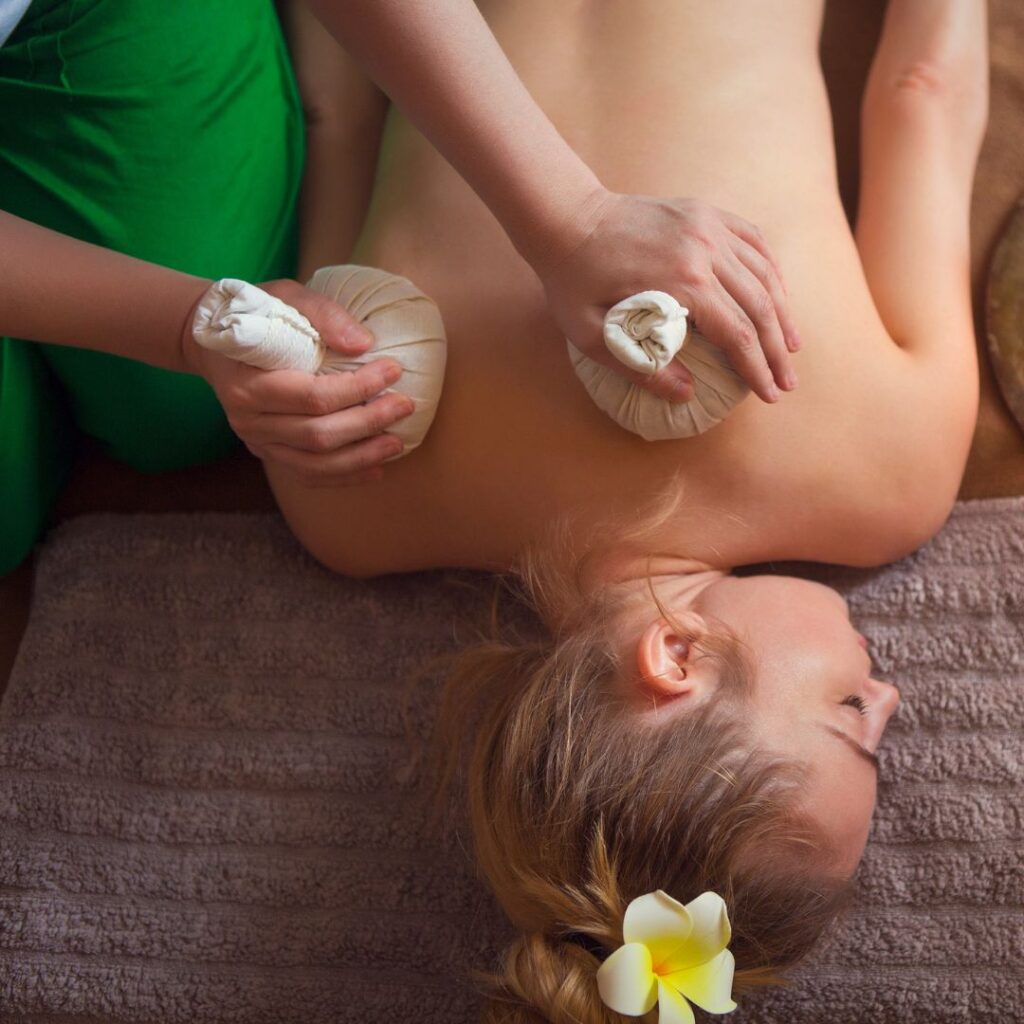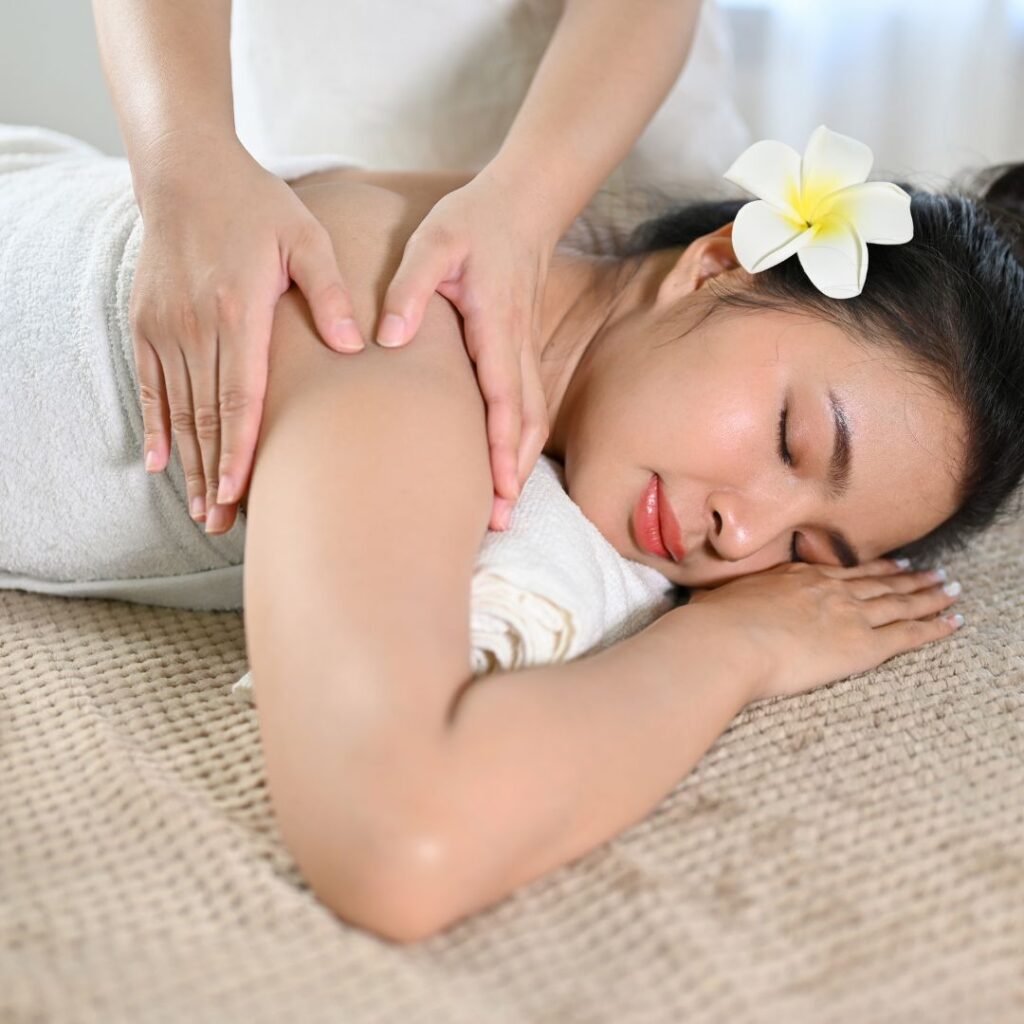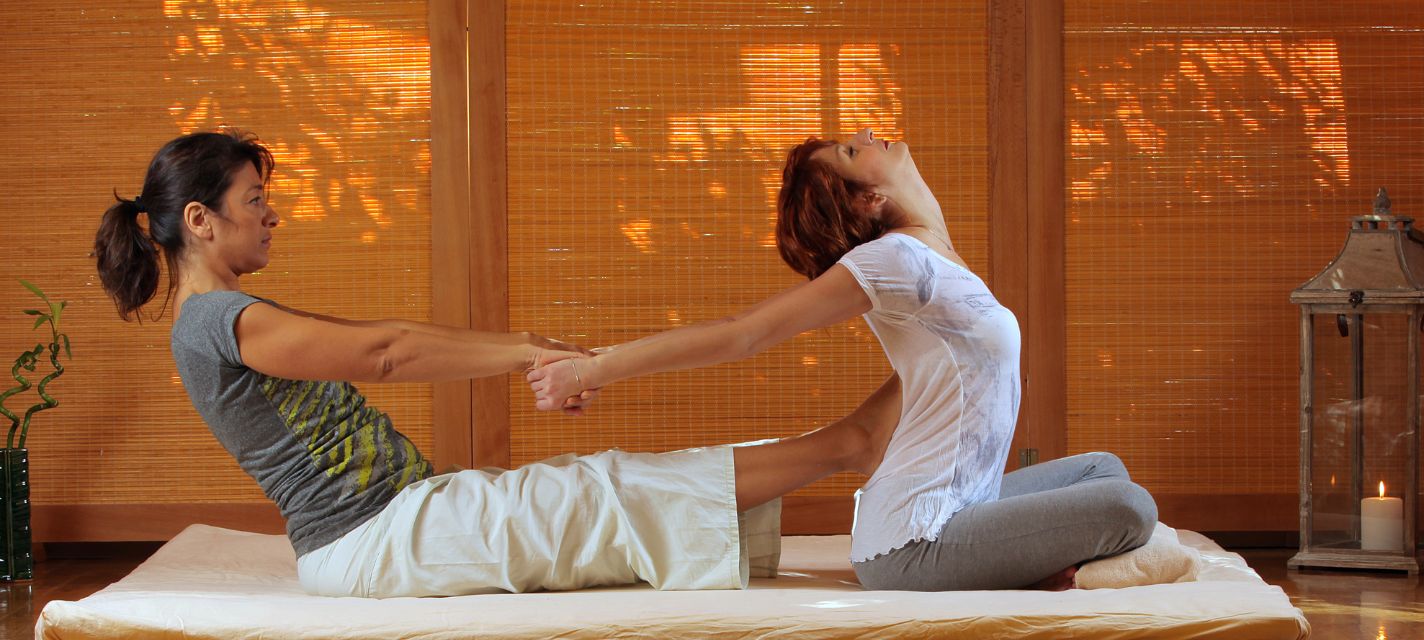Thai massage is more than just a physical therapy; it is a holistic wellness practice that integrates body, mind, and spirit. Rooted in ancient Ayurvedic and Chinese medicine, Thai massage is a traditional form of healing that emphasizes the flow of energy, or lom, through pathways known as sen lines. Unlike Western massage, which often focuses on specific muscle groups, Thai massage addresses the entire body’s energy flow, aiming to restore balance, alleviate pain, and improve overall wellness.
How Thai Massage Supports Holistic Health
One of the core principles of Thai massage is its focus on the connection between physical and mental health. Thai massage uses assisted yoga-like stretches and rhythmic pressure applied with hands, elbows, knees, and feet to stimulate circulation and release blocked energy. This technique supports the body’s natural healing processes, aiding in the reduction of muscle tension, enhancement of flexibility, and promotion of circulation. By encouraging physical relaxation and releasing stress, Thai massage also fosters mental clarity, reduces anxiety, and promotes emotional resilience.

Physical and Mental Benefits of Thai Massage
The practice of Thai massage offers numerous physical benefits, including improved muscle tone, flexibility, and joint mobility. Regular sessions can be especially beneficial for those experiencing chronic pain, tension, or stiffness, as the deep stretches and compression techniques help to release fascia and alleviate discomfort. Additionally, improved circulation facilitates better oxygen and nutrient flow to muscles and organs, promoting overall vitality.
On a mental and emotional level, Thai massage is known for its calming effects. Through focused breathing and mindfulness, both the practitioner and recipient become more attuned to their bodies. This heightened awareness can lead to emotional release and mental relaxation, which are essential for stress management and mental health. Many people who regularly engage in Thai massage report improved sleep quality and reduced symptoms of anxiety and depression.
Energy Balance and the Role of Sen Lines
A unique aspect of Thai massage is its emphasis on energy balance. According to Thai medicine, sen lines are pathways in the body where vital energy flows. Blockages or imbalances along these lines are thought to contribute to physical ailments and emotional disturbances. Thai massage aims to remove these blockages by applying pressure to specific points, enabling a more harmonious flow of energy and aligning the body’s internal systems. This energetic approach can be especially appealing for those interested in holistic health, as it complements other wellness practices such as meditation and yoga.
Incorporating Thai Massage into Modern Wellness Routines
As more people seek natural and non-invasive approaches to health, Thai massage has gained recognition as a valuable component of holistic wellness. Many wellness centers and spas now offer Thai massage as part of a broader wellness program that might also include yoga, meditation, and nutritional counseling. Incorporating Thai massage into a regular self-care routine can enhance other wellness practices, creating a balanced approach to health that nourishes the body, mind, and spirit.

Conclusion
Thai massage holds a unique place in holistic health, offering physical, emotional, and spiritual benefits that contribute to a balanced, healthy lifestyle. Its ability to harmonize the body’s energies, relieve physical discomfort, and foster mental clarity makes it an ideal practice for those seeking a comprehensive approach to wellness. By integrating Thai massage into modern wellness routines, individuals can experience profound effects on their overall well-being, creating a healthier, more balanced life.

